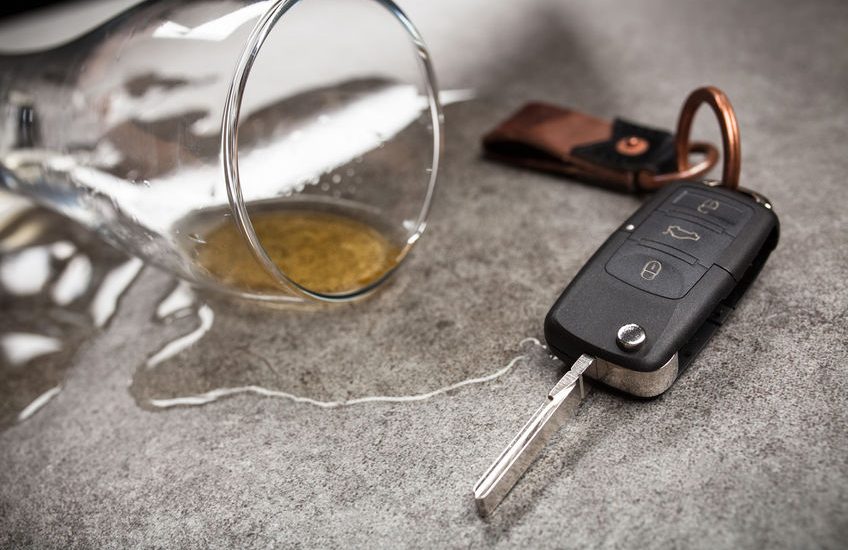- Available 24/7
- 281.570.6400
- call us today!
Can Getting a DUI Prevent Me From International Travel?

If you’re caught driving while inebriated, you may be prohibited from visiting some foreign countries if you have a DWI on your criminal record. Following a drunk driving charge, here’s what you should understand about traveling internationally and how to defend your rights before losing traveling privileges.
Canada
If you have a DWI conviction in America, Canada is one of the most difficult nations to visit despite being right next door. Drunk driving is a felony there and anyone convicted of such a crime is prohibited from crossing the U.S.-Canadian border for at least five years. If you have a clean criminal record at that time, you have two options to re-enter Canada: you can take a criminal rehabilitation course or pay a $200 fine. A third option is also available; if after 10 years you have no additional criminal convictions, the country considers you rehabilitated over time.
Mexico
DWI offenders in Mexico are closely scrutinized, as the country has little tolerance for drunk driving. Foreigners who have been found guilty of a DWI within the last ten years are more likely to be denied entry into the country when traveling. Compared to the U.S., driving under the influence is the equivalent to a felony in Mexico like it is in Canada. Felons are barred from entering the country according to their local immigration laws.
Japan or China
Background checks are frequent in Asian nations like China, Malaysia, Japan, etc. Even if you don’t reveal your DWI willingly, it will almost certainly be detected during the background check. It’s always advisable to be honest when dealing with travel officials regarding your history. Acquiring a travel waiver that permits you to visit either country for 90 days or less without the need for a visa is often the simplest approach to avoid complications.
South Africa
While a misdemeanor DWI conviction in the U.S. is unlikely to pose complications for visitors to South Africa, a felony offense very well could. Before crossing the South African border, you must voluntarily submit any information pertaining to offenses you were arrested for in America. Even if South African authorities do not openly ask for this information, you should willingly offer it. If you decline to reveal your criminal history at the border, you may be denied entry for “deception by silence.”
DON’T SACRIFICE YOUR TRAVEL PRIVILEGES AFTER A DUI CHARGE
If you were charged with a DUI in Texas, don’t wait to get help from an experienced drunk driving attorney. Contact Segura & Kiatta, LLP today for a consultation at 281.570.6400.
Contact us
Contact segura & kiatta criminal defense
Schedule Your
Free Consultation
*Required Information
Our Location
Segura & Kiatta, Criminal Defense
345 Commerce Green Blvd
Suite 200
Sugar Land, Texas 77478


